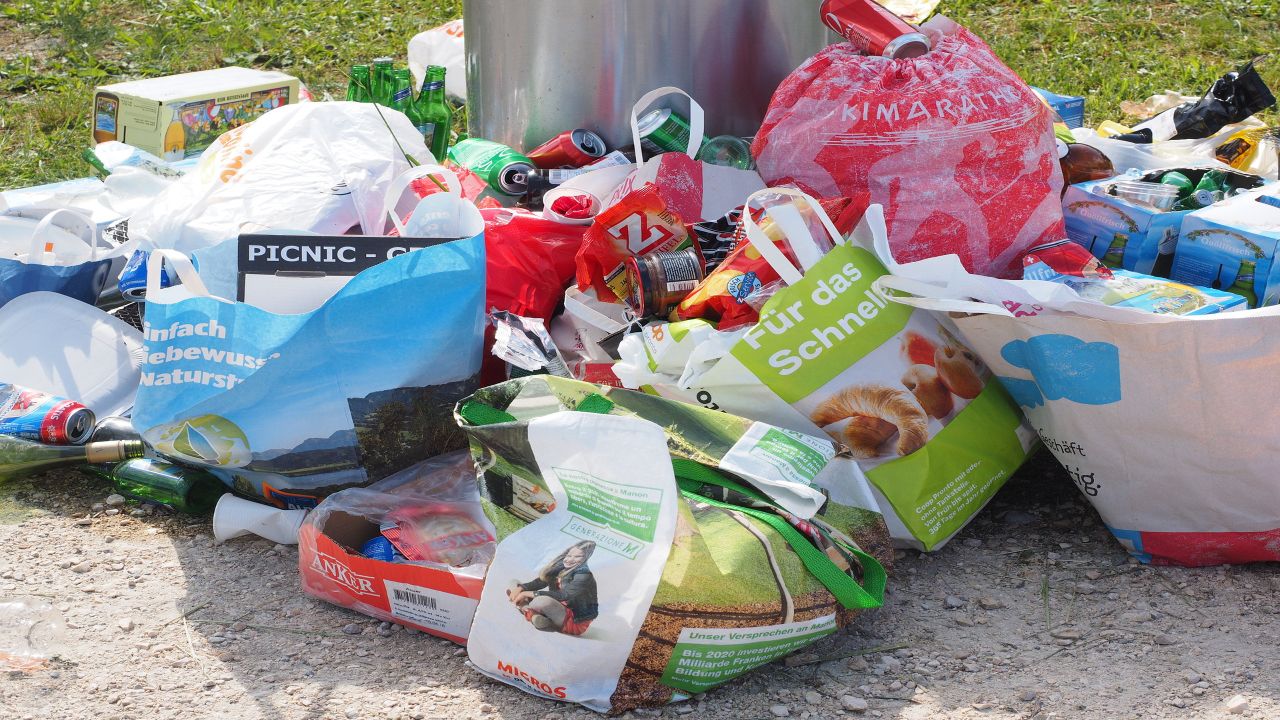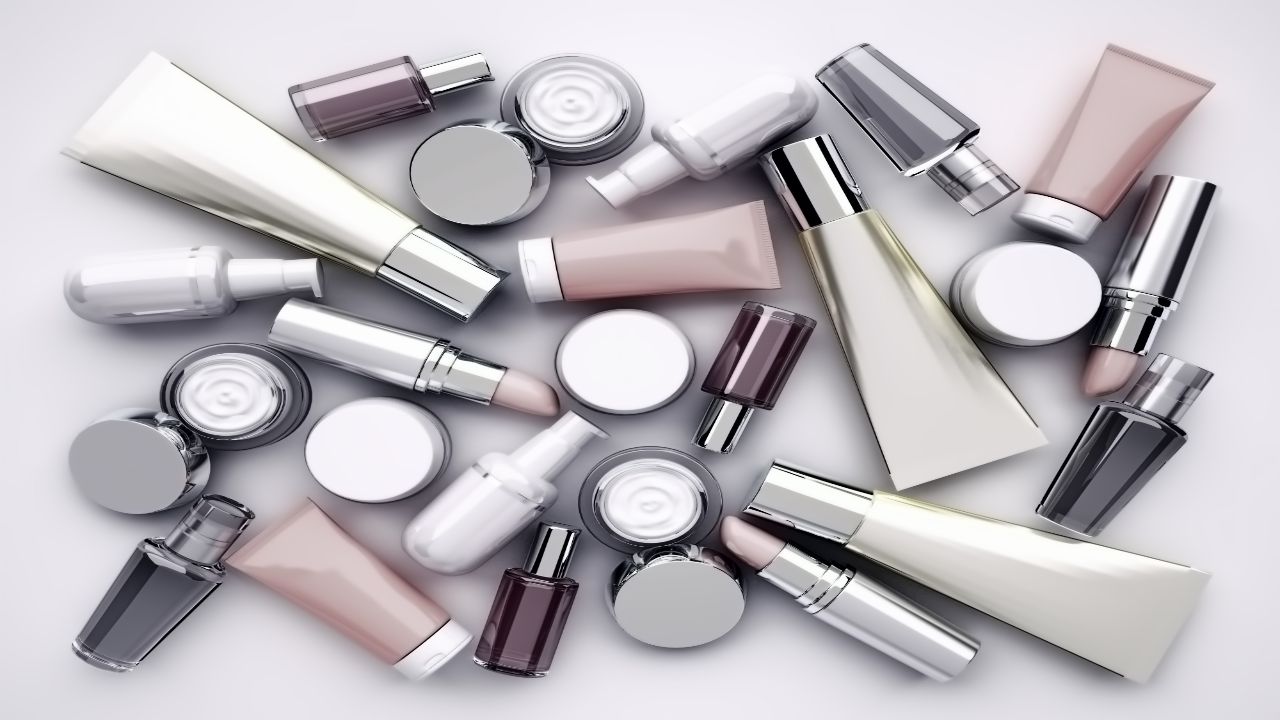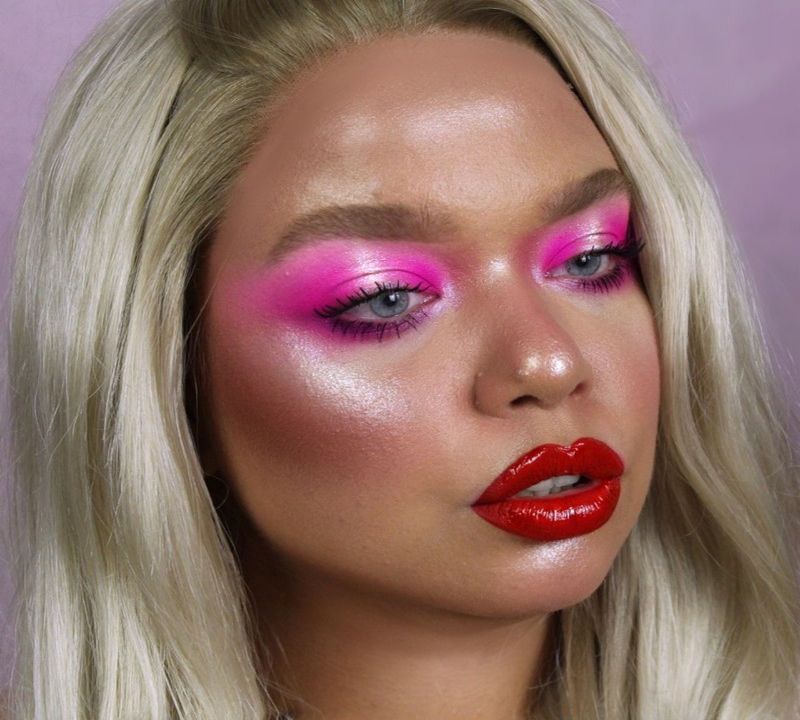The beauty industry, with its array of products and services, has a significant impact on our daily lives. From the ingredients used in products to the packaging that ends up in landfills, the beauty industry has a substantial environmental impact. Current trends reflect the industry’s move toward more personalized, effective, and technologically advanced beauty solutions.
Beauty trends, such as organic skin care products, personalized beauty therapies, like HIFU treatment in Singapore, and at-home beauty devices, are also gaining popularity. However, it’s important to consider the environmental footprint of the multi-billion dollar beauty industry.
In this article, we will explore seven key aspects of the beauty industry’s environmental impact.
Packaging Waste

One of the beauty industry’s most visible impacts is the amount of packaging waste it generates. From plastic bottles to cardboard boxes, the industry contributes significantly to the global waste problem. Many beauty products come in single-use packaging, which ends up in landfills or oceans after use. Furthermore, the production of this packaging often involves the use of non-renewable resources and energy-intensive processes, contributing to carbon emissions and climate change.
Water Usage
The beauty industry is also a major consumer of water. Water is used in the manufacturing process of many beauty products and is often a primary ingredient in these products. The industry’s high demand for water contributes to water scarcity in some regions. Additionally, the wastewater from the production process can contain chemicals and contaminants, which, if not properly treated, can pollute rivers and groundwater.
Ingredient Sourcing

The sourcing of ingredients for beauty products can also have a significant environmental impact. Some ingredients are derived from endangered plants or are harvested in unsustainable ways, leading to habitat destruction and biodiversity loss. Moreover, the transportation of these ingredients from their source to the manufacturing facilities can result in significant carbon emissions.
Chemical Pollution
Many beauty products contain chemicals that can harm the environment. When these products are washed off, they can end up in rivers and oceans, harming aquatic life. Some chemicals used in beauty products are not easily biodegradable, meaning they can persist in the environment for a long time. These chemicals can disrupt ecosystems and pose a threat to various species.
Energy Consumption

The production and distribution of beauty products require a significant amount of energy. This energy is often derived from fossil fuels, contributing to greenhouse gas emissions and climate change. Moreover, the extraction and processing of these fossil fuels can lead to environmental degradation and pollution.
Microplastics
Microplastics are tiny pieces of plastic often used in beauty products, especially exfoliating scrubs and toothpaste. They can end up in oceans, where they are ingested by marine life, causing harm. The presence of microplastics in our oceans is a growing concern, as they can accumulate in the food chain and potentially impact human health.
Overconsumption

The beauty industry often promotes the constant purchasing of new products, leading to overconsumption. This not only results in more waste but also means more resources are used to produce these products. The constant cycle of buying and discarding products contributes to a culture of disposability, which is unsustainable in the long run.
Summing Up
While the beauty industry brings joy and confidence to many people, it’s important to be aware of its environmental impact. By understanding these issues, consumers can make more informed choices and support brands that are committed to reducing their environmental footprint. Remember, every purchase is a vote for the kind of world we want to live in. As consumers, we have the power to drive change in the industry by choosing sustainable and environmentally friendly products.